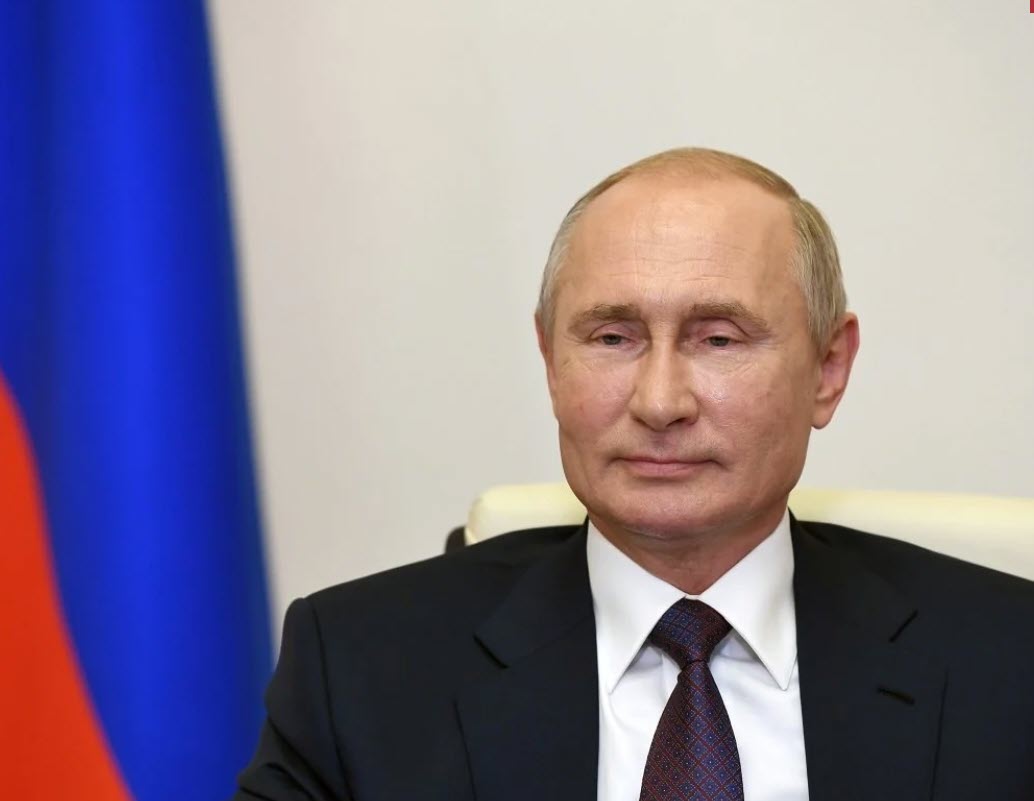Oil & Gas 360 Publishers Note: Excellent article by Anna Borshchevskay with some key nuggets around the energy politics involving Russia. We have been covering the wide hand of Russia’s involvement in energy and power. (Pun)
From the author: The United States has invested hundreds of billions of dollars in Iraqi security but increasingly faces competition for influence in Iraq from Russia. Moscow is playing a broad— though quiet— geopolitical game. What’s worse, this advancement has gone unanswered by top policymakers in Washington.

The United States has invested hundreds of billions of dollars in Iraqi security but increasingly faces competition for influence in Iraq from Russia. Moscow is playing a broad— though quiet— geopolitical game. What’s worse, this advancement has gone unanswered by top policymakers in Washington. Iraq is now led by a pro-American president and prime minister, Barham Salih and Mustafa al-Kadhimi. However, the Kremlin knows they are in a precarious position and will continue to quietly vie for influence in the country. In light of al-Kadhimi’s visit to Washington last month, and the importance of broadening the US-Iraq relationship, Russia’s interests matter.
In 2003, the Kremlin fiercely opposed the U.S.-led invasion that toppled Saddam Hussein, a brutal dictator who modeled himself after Joseph Stalin. Saddam’s ouster caused the Kremlin to lose strategic position in Iraq but also raised alarm bells about its own future. “The American-Iraqi conflict seems to have brought to light a [Russian] public demand that we regain our great-power status,” as one Russian analyst put it in April 2003.
Since then, the Kremlin labored to return to Iraq; more broadly, Russian president Vladimir Putin styled himself as a champion against perceived American diktat, especially after peaceful protests of color revolutions swept the post-Soviet space in the early-mid 2000s—Putin is convinced the US-orchestrated them to weaken Russia. In this context, Saddam’s execution in December 2006 deeply unnerved the Kremlin. Thus, Moscow’s interests in Iraq—not unlike elsewhere in the region— were always colored by pushing back against the US-led global order.
The Kremlin made some inroads in Iraq in 2008, after Vladimir Putin wrote off the most of Iraq’s Soviet-era $12.9 billion of debt in exchange for a $4 billion oil deal. In 2012, Lukoil and Gazprom Neft entered the Iraqi Kurdistan energy market. But Russian efforts accelerated in recent years, starting in 2014, when Iraq needed immediate help in fighting ISIS, and Washington delayed much needed military assistance. Moscow came through immediately, something many Iraqis remember to this day. Moreover, two years later, one of the biggest Russian delegations in years came to Iraq to build on these efforts and discuss further security cooperation. Over the years, more energy investments followed, both in Iraq and Iraqi Kurdistan, along with arms deals and other engagement.

